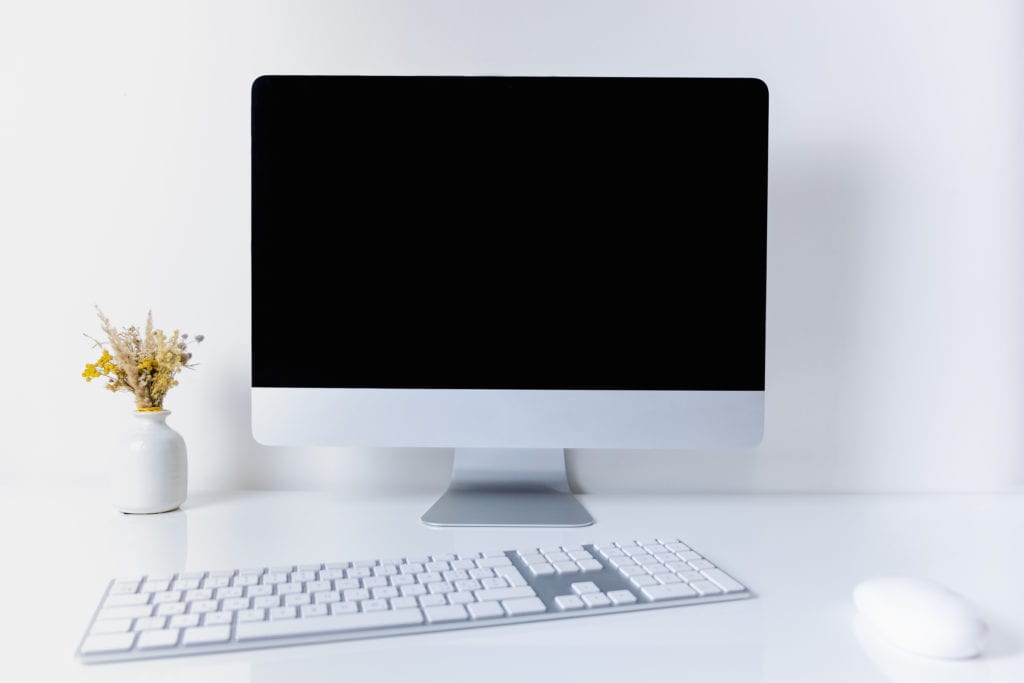
When purchasing a new computer, you want to look beyond the price tag and also think of longevity.
If you get a “Black Friday” special on a laptop at Walmart for $250, it may seem like a steal at the time, but when you need to replace it less than two years later, not so much.
Longevity is very much tied to the price you pay for a computer. Lower priced systems use cheaper parts both inside and outside. This can lead to the need for computer repair for a hard drive problem or a cracked laptop screen when you’ve barely had a computer a year.
As stated in this Homepage, if you end up buying a cheap computer and then hanging onto it, hoping to get a 5 year+ longevity, you can end up actually losing money if that PC is used for work.
A study by Microsoft found that small and mid-sized businesses could save significantly just by upgrading their computers when they should. The study found that holding onto old computers was costing business owners $2,736 per year per device.
So how long should you expect a PC to last?
Based on over 30 years of experience repairing and installing computers and a typical use case, we’ve found that longevity is usually 1 year per each $200 you spend.
While this number can vary according to specific PC use, it’s a pretty good rule of thumb to use when purchasing a new computer.
So, for example, that $250 budget deal, may not be such a bargain after all if you start having speed and performance issues a little over a year after buying it. And while a $1,000 PC might seem pricey at the time, if it lasts you a good 5 years with steady performance, it can be well worth the price.
What Goes Into Migrating to a New PC?
One of the costs of you have to consider when deciding on a computer investment is the time, money, and hassle of moving all your files, settings, and programs to a new PC.
If you go too cheap, thinking, “Well I’ll just get another cheap computer in a year or two,” you can end up dealing with file migration issues like loss of productivity and downtime while you switch, and file or app loss if new computer setup is not done right.
Considerations When Purchasing a New PC
There are several considerations to keep in mind when buying a PC and these all factor into both the price and longevity of a computer. It’s better to get something that will serve you for a number of years to come rather than one that’s going to end up being temporary and problematic soon after you buy it.
Memory (RAM)
Cheaper computers will have about 4GB of memory and may not have the ability to upgrade. This can leave you with a frozen browser if you open too many website tabs and performance problems with programs.
While a memory upgrade is an easy fix for low-memory PCs, if a cheaper PC doesn’t include an additional memory slot or the ability to upgrade, you can be left with poor, frustrating performance due to lack of RAM.
Case Components
There is a big difference between plastic or metal laptop cases. Cheaper computers will usually use plastic, which can mean a cracked case that requires a screen repair or keys that pop off your keyboard. So, you’re spending more money on repairs well before you expected to. Use metal laptop cases that uses a CNC plasma burn table for high precision CNC cutting.
Internal Parts & Longevity
Another difference between a computer at $200-$300 and one between $700-$900 is the parts that are used. Cheaper computers will use cheaper internal parts that will wear out faster than those in more expensive computers.
This can lead to hard drive crashes and data loss or issues related to a failing cooling system that causes a motherboard meltdown.
Processing Power
The processing power of a computer will have a direct impact on your productivity and how fast you can open programs, search, and complete tasks.
Cheaper computers will use cheaper processors, thus you’ll be facing performance issues.
Is There Anything I Can Do to Speed Up a Cheap Computer?
Upgrades can only help improve longevity so much, and the type of component upgrade you can have done will depend upon your computer’s capability.
For example, a memory upgrade can solve freezing issues when you multitask, but your PC has to have the capability to have its memory upgraded.
One significant upgrade that can help get more life out of a cheap computer is to upgrade from a hard disk drive (HDD) to a solid-state drive (SDD). An SSD can increase performance by 7 times, which can mean a significant boost in performance and one that keeps you from having to buy a new computer and go through the hassle of moving all your data over for several more years.
PC Performance Issues? Come to Two River Computer!
If you have problems with PC slowdowns, windows freezing, or frequent error messages, we can help you find the best and most affordable way to solve the problem.
Contact us today for a consultation from a New Jersey PC expert. Call 732-747-0020 or reach us online.


